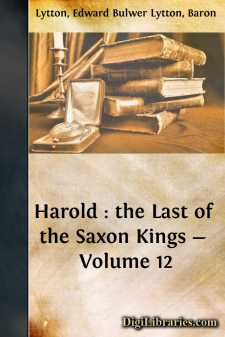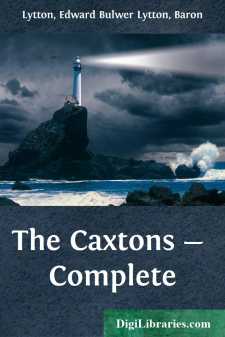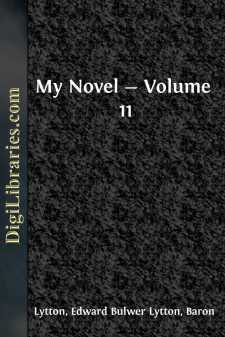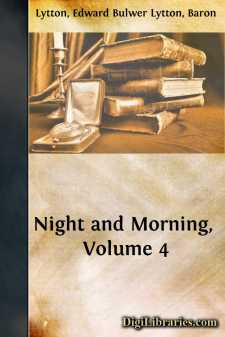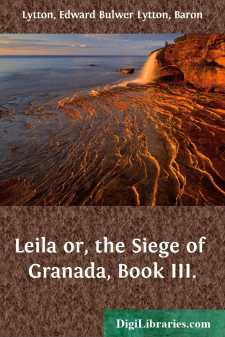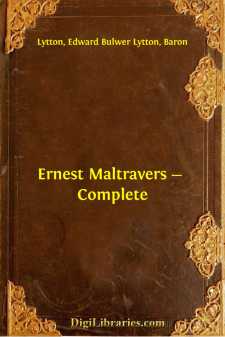Categories
- Antiques & Collectibles 13
- Architecture 36
- Art 48
- Bibles 22
- Biography & Autobiography 813
- Body, Mind & Spirit 142
- Business & Economics 28
- Children's Books 17
- Children's Fiction 14
- Computers 4
- Cooking 94
- Crafts & Hobbies 4
- Drama 346
- Education 46
- Family & Relationships 57
- Fiction 11829
- Games 19
- Gardening 17
- Health & Fitness 34
- History 1377
- House & Home 1
- Humor 147
- Juvenile Fiction 1873
- Juvenile Nonfiction 202
- Language Arts & Disciplines 88
- Law 16
- Literary Collections 686
- Literary Criticism 179
- Mathematics 13
- Medical 41
- Music 40
- Nature 179
- Non-Classifiable 1768
- Performing Arts 7
- Periodicals 1453
- Philosophy 64
- Photography 2
- Poetry 896
- Political Science 203
- Psychology 42
- Reference 154
- Religion 513
- Science 126
- Self-Help 84
- Social Science 81
- Sports & Recreation 34
- Study Aids 3
- Technology & Engineering 59
- Transportation 23
- Travel 463
- True Crime 29
Harold : the Last of the Saxon Kings - Volume 12
Description:
Excerpt
Harold's Accession.
There are, as is well known, two accounts as to Edward the Confessor's death-bed disposition of the English crown. The Norman chroniclers affirm, first, that Edward promised William the crown during his exile in Normandy; secondly, that Siward, Earl of Northumbria, Godwin, and Leofric had taken oath, "serment de la main," to receive him as Seigneur after Edward's death, and that the hostages, Wolnoth and Haco, were given to the Duke in pledge of that oath [291]; thirdly, that Edward left him the crown by will.
Let us see what probability there is of truth in these three assertions.
First, Edward promised William the crown when in Normandy. This seems probable enough, and it is corroborated indirectly by the Saxon chroniclers, when they unite in relating Edward's warnings to Harold against his visit to the Norman court. Edward might well be aware of William's designs on the crown (though in those warnings he refrains from mentioning them)—might remember the authority given to those designs by his own early promise, and know the secret purpose for which the hostages were retained by William, and the advantages he would seek to gain from having Harold himself in his power. But this promise in itself was clearly not binding on the English people, nor on any one but Edward, who, without the sanction of the Witan, could not fulfil it. And that William himself could not have attached great importance to it during Edward's life, is clear, because if he had, the time to urge it was when Edward sent into Germany for the Atheling, as the heir presumptive of the throne. This was a virtual annihilation of the promise; but William took no step to urge it, made no complaint and no remonstrance.
Secondly, That Godwin, Siward, and Leofric, had taken oaths of fealty to William.
This appears a fable wholly without foundation. When could those oaths have been pledged? Certainly not after Harold's visit to William, for they were then all dead. At the accession of Edward? This is obviously contradicted by the stipulation which Godwin and the other chiefs of the Witan exacted, that Edward should not come accompanied by Norman supporters—by the evident jealousy of the Normans entertained by those chiefs, as by the whole English people, who regarded the alliance of Ethelred with the Norman Emma as the cause of the greatest calamities—and by the marriage of Edward himself with Godwin's daughter, a marriage which that Earl might naturally presume would give legitimate heirs to the throne.—In the interval between Edward's accession and Godwin's outlawry? No; for all the English chroniclers, and, indeed, the Norman, concur in representing the ill-will borne by Godwin and his House to the Norman favourites, whom, if they could have anticipated William's accession, or were in any way bound to William, they would have naturally conciliated. But Godwin's outlawry is the result of the breach between him and the foreigners.—In William's visit to Edward? No; for that took place when Godwin was an exile; and even the writers who assert Edward's early promise to William, declare that nothing was then said as to the succession to the throne....


